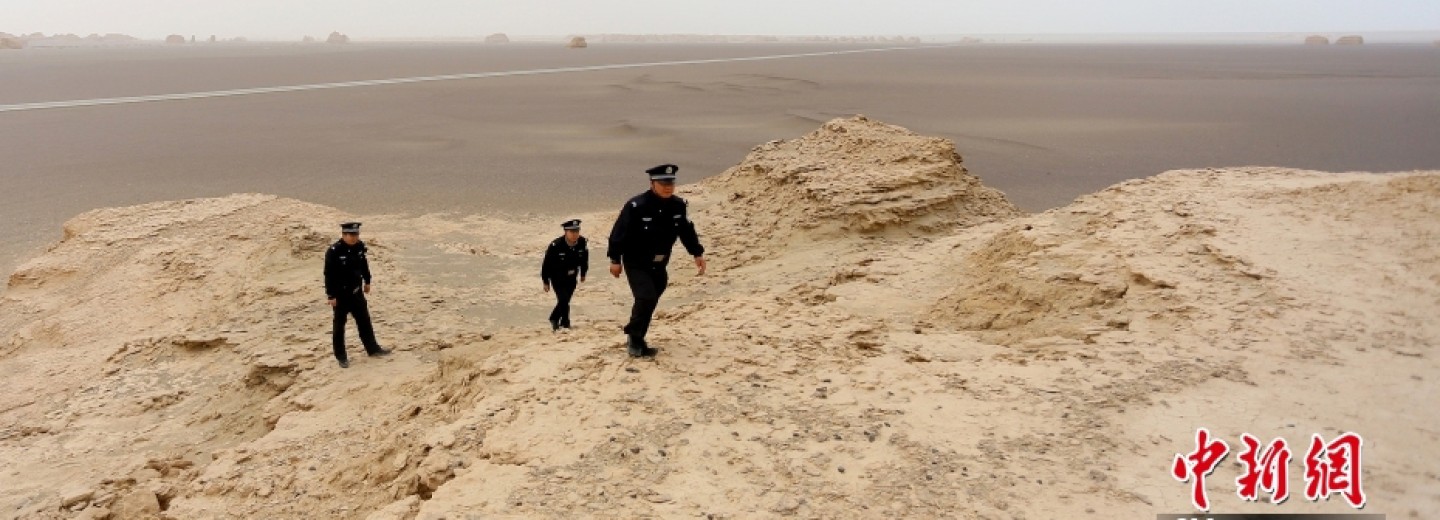China news 11th May 2021
Our lead story is an important example of the different views inside China and the Chinese Communist Party (CCP). Far from being the dictatorial machine portrayed by western media and politicians, there is much debate about how dissent should be expressed. This is rarely discussed in the media. We must assume that this unusually frank article has met the criteria for publication and thus has messages for China and the world.
Controversy over the CCP’s overhaul of Internal Party Law
Both Cai Xia and Ren Zhiqiang (widely reported critics of the CCP) publicly expressed dissent against the CCP system, but the two former CCP members have not been protected by the rights of CCP members.
So, how does the CCP correctly handle political dissent within the party and distinguish between challenging the central government and normally reflecting different opinions? This may be an urgent question for Beijing to answer.
Our reporter compared different versions of this Internal Party Law of the Chinese Communist Party. The new version, like the previous version, promises to protect the personal rights of CCP members and warns that “any violation of the rights of party members must be accounted for.” The new version also clarifies the eight rights granted by the “Party Constitution of the Communist Party of China” at the 13th National Congress for the first time. Among others, the right to argue within the party, the right to raise different opinions, the right to request within the party, the right to appeal within the party, the right to complain within the party, protect party members both in exercising their rights and preventing infringements.
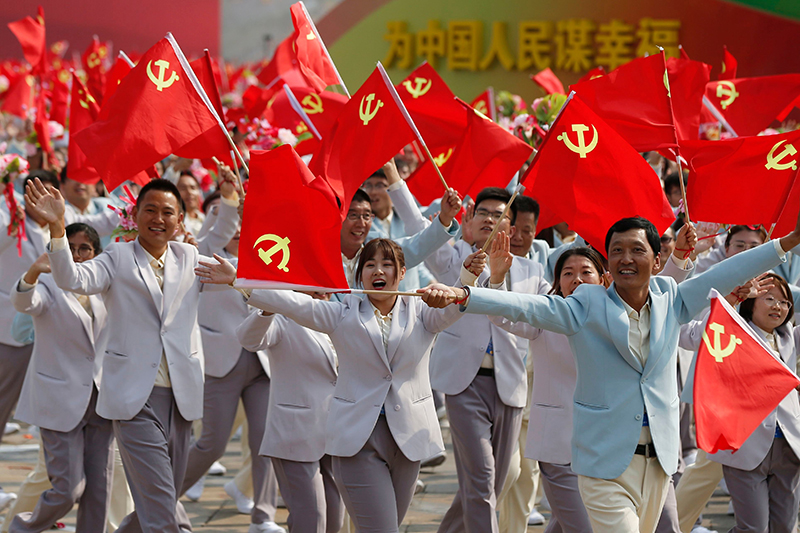
Whether it is the 1994 version or the 2004 version, the primary purpose of this internal-party law is to develop democracy within the CCP.
However, in the latest revision, the original intention of the rules has been adjusted to “to uphold the leadership of the party, strengthen party building, promote democracy within the party, protect the rights of party members, and enhance the vitality of the party.” The old version reads “Develop and promote Democracy within the party” is the main goal. The new version focuses on “upholding the leadership of the party”.
In fact, this new version exemplifies the contradiction between insisting on the CCP’s “party leadership in everything” and respecting and protecting the rights of CCP members. The new version promises to protect the rights of CCP members. At the same time the regulations warn CCP members that there must be preconditions for expressing their opinions more widely than there used to be.
Do you want democracy or centralization?
Inner-party democracy is indispensable. The mistakes made by Mao Zedong in his later years are the reasons for the failure of democracy within the party. In an environment where personal authority is supreme, the expression of different voices lost protection. This eventually led to the tragedy of the Cultural Revolution.
For the CCP, the contradiction between democracy and centralization has always existed, and it has always been difficult to balance. In this context, the political choice of the CCP has become key. Democratization is ultimately based on power and interests. It can only be obtained from the CCP. There is no doubt that the CCP will not allow both situations to happen, so what should be done?
We can only follow a gradual path. In this scenario, the CCP hopes to start with inner-party democracy and make useful explorations for social democracy. These can then be pushed from inside the party to the whole of society. However, the side effects of intra-party democracy have forced the CCP to slow down. In the eyes of some observers, there has even been a democratic regression.
Based on realistic political needs, the CCP has continued to strengthen centralized and unified leadership. It is precisely because of this that Ren Zhiqiang and Cai Xia may have yet more critics. As members of the CCP system, they feel uncomfortable in a different atmosphere and openly express their opposition and differences with the party.
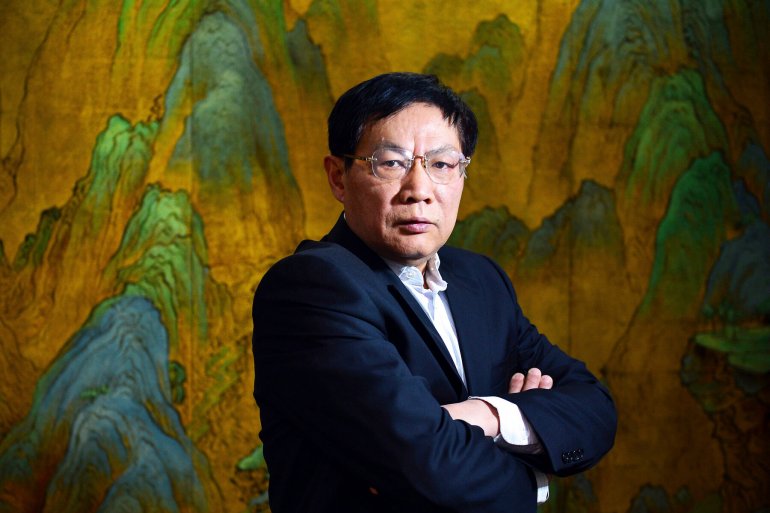
The CCP certainly seems to be overstepping, and those who abuse the rights of party members certainly have no reason to be forgiven.
Source: dwnews.com.
The edge of the Gobi Desert
In lighter news, we feature a remote police station carved from a rock on the edge of the Gobi Desert.
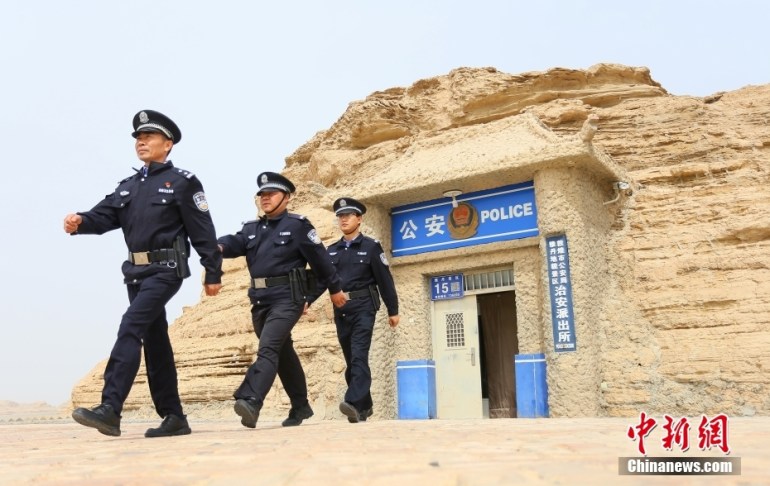
Dunhuang is a city in China’s north-western Gansu Province, on the edge of the Gobi Desert. Once a frontier garrison on the Silk Road, it is known today for the Mogao Caves, a complex of 492 grottoes adorned with Buddhist statuary and frescoes. Carved into the cliffs above the Dachuan River, the caves were created between the 4th and the 14th centuries. However, In the Dunhuang Yadan National Geopark, there is also the only “Cave Dwelling” police station in China. It was chiselled out of the rock by local police more than 20 years ago.
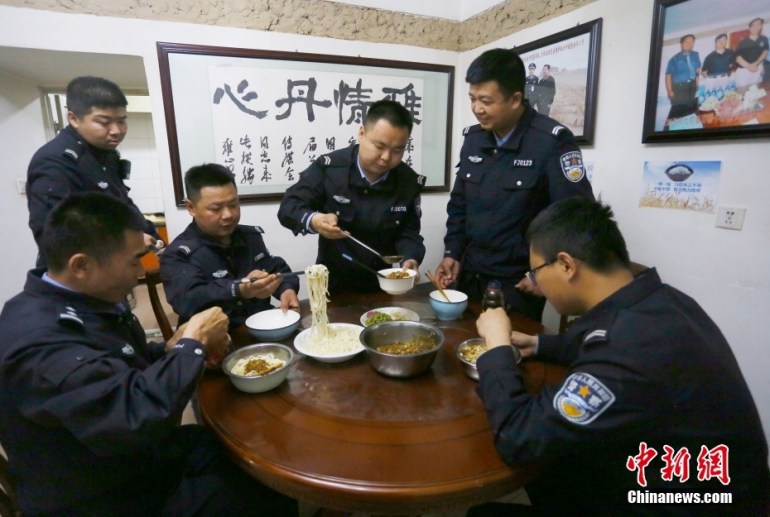
Photos by China News Agency reporter Gao Zhan.
Source: society.huanqiu.com.
Declining birth rate
Finally, we return to the continuing debate inside China about the declining birth rate. This writer is clear of the reasons for it and that it may not be the crisis the world likes to portray.
Last year, births across China experienced a cliff-like decline. Driven by the panic caused by this demographic crisis, it was recently rumoured that the Northeast would liberalize birth restrictions on pilot projects. Many people felt that this was great news. China News Weekly believed that “encouraging childbirth is essential to the revitalization of Northeast China.”
However, China’s National Health Commission quickly clarified that this was not the original intention; “The reasons for the long-term population decline in Northeast China are many and cannot be solved simply by liberalizing the birth policy.”
So, if birth restrictions are now lifted, will the number of births in China see a substantial increase? The answer is probably: no. The younger generation are not enthusiastic about giving birth to even one child. Having a second child is only done by a few people. So, allowing more than three children is meaningless to most people.
The problem now is that, in the past, Chinese people had a strong desire to have children, which was suppressed by State policies. This desire has gradually declined since 1995, with another generation. Even if you let go of birth control now, young people don’t want to give birth anymore.
An originally temporary move will have an unexpected and far-reaching impact. Especially in China, due to the lack of checks and balances in the decision-making and execution system, it is easy to overreact. Northeast China, where the population crisis is most severe today, is also the place where the family planning policy is most strictly implemented. This is no accident. In this sense, China’s supposed predicament on this issue is largely due to its original success.
Some people have even shouted out: “Please have a baby for the country!” They accuse today’s post-90s for not fulfilling their obligations. This is a common practice: when the overall goal is difficult to achieve, just turn around and blame personal ethics. They don’t realize that this kind of thinking is one of the reasons why many people don’t want to have children. If even giving birth to children is not for the children or for oneself, then what is the point?
You cannot expect others to do something they believe is detrimental to them. The natural reproduction of a society ultimately can only depend on the voluntary behaviour of everyone.
Although many people have seen China’s population crisis as extremely serious, the irony is that even if this trend develops, China will still have as many as 700 million people by the end of this century. Many experts say that the limit of China’s land carrying capacity is 700 million. If there were only 700 million people in China, not only would the ecological environment improve, but social life would be much happier.
In modern history, France’s population growth has lagged far behind its neighbouring countries for nearly 200 years. More than one demographer took this as a definite sign of national decline. However, France remains today. It is a big country. If it has become a second-rate country after the war, it is better to blame the changes in the international situation and the stupidity of politicians than the population.
Thinking only about producing more people to solve the current problem, is old-fashioned. The old method cannot solve new problems. Rather than seeing the crisis as a decline, it is better to see it as a turning point: a Chinese society that has not been changed for generations is expected to open to a new situation.
Source: dwnews.com.
Worked on the article:

Wanlikhang


